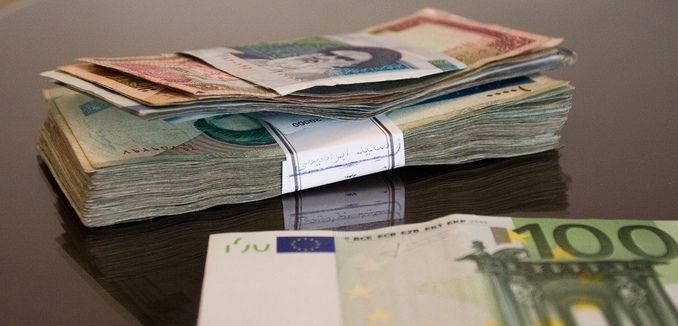British banks are refraining from doing business with Iranian counterparts despite the lifting of legal limits on such deals because the Iranian banks “aren’t up to the same anti-money-laundering and financial fraud standards,” The Wall Street Journal reported Wednesday.
The Journal article focuses on the Iranian-owned Bank Sepah International PLC, which handled more than 2,000 monthly transactions and had a $1.5 billion balance sheet before sanctions were imposed. But more than a year after sanctions were lifted, the bank “still hasn’t processed a single commercial transaction, other than paying 28 employees and some vendors, because it is still effectively frozen out of the financial system, especially in the U.K., by big banks unwilling to risk dealing with Iranian entities,” the Journal reported.
“On paper, there may be banks removed from sanctions, but the geopolitical environment suggests this is not a done deal,” said Juan Zarate, a former Treasury Department official and leading expert on financial sanctions. “Western institutions feel it is very risky.”
Despite efforts by former Secretary of State John Kerry to encourage European banks to do business with Iranian financial institutions, most have hesitated.
Stuart Levey, who served as Treasury undersecretary for terrorism and financial intelligence under President Barack Obama and is now the chief legal officer for HSBC Holdings, one of the UK’s largest banks, wrote in May that doing business with Iran was too risky, despite the Obama administration’s assurances that it was safe to do business them. He added five months later that Iran’s behavior had not changed. “What you’ve seen more broadly…is the sanctions get lifted, [but] the major international financial institutions will still resist doing business until the underlying facts change,” he said.
The International Monetary Fund warned last year that Iran had to stop funding terror and laundering money if it wished to rejoin the global economy.
[Photo: Ivar Husevåg Døskeland / Flickr ]




